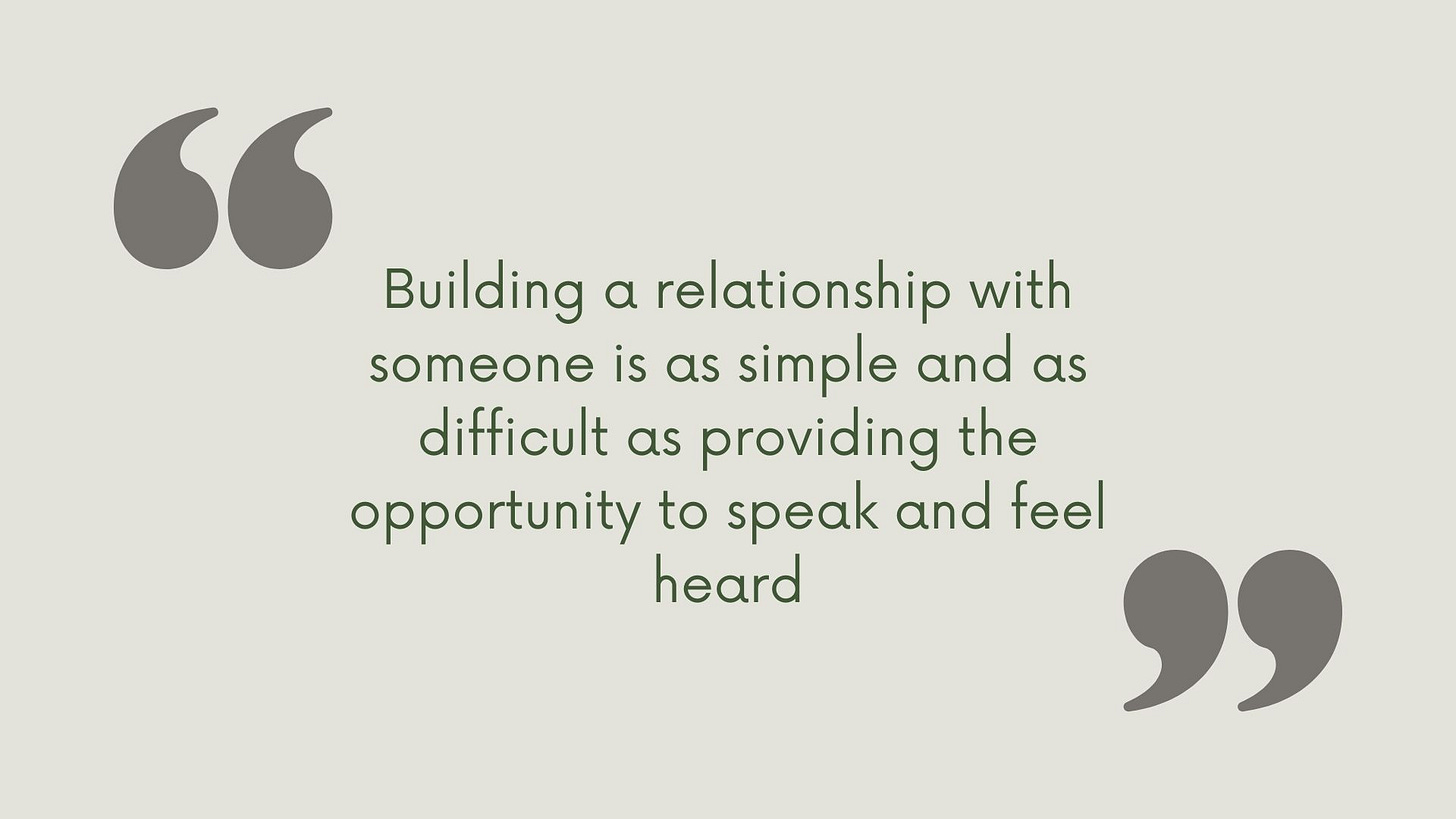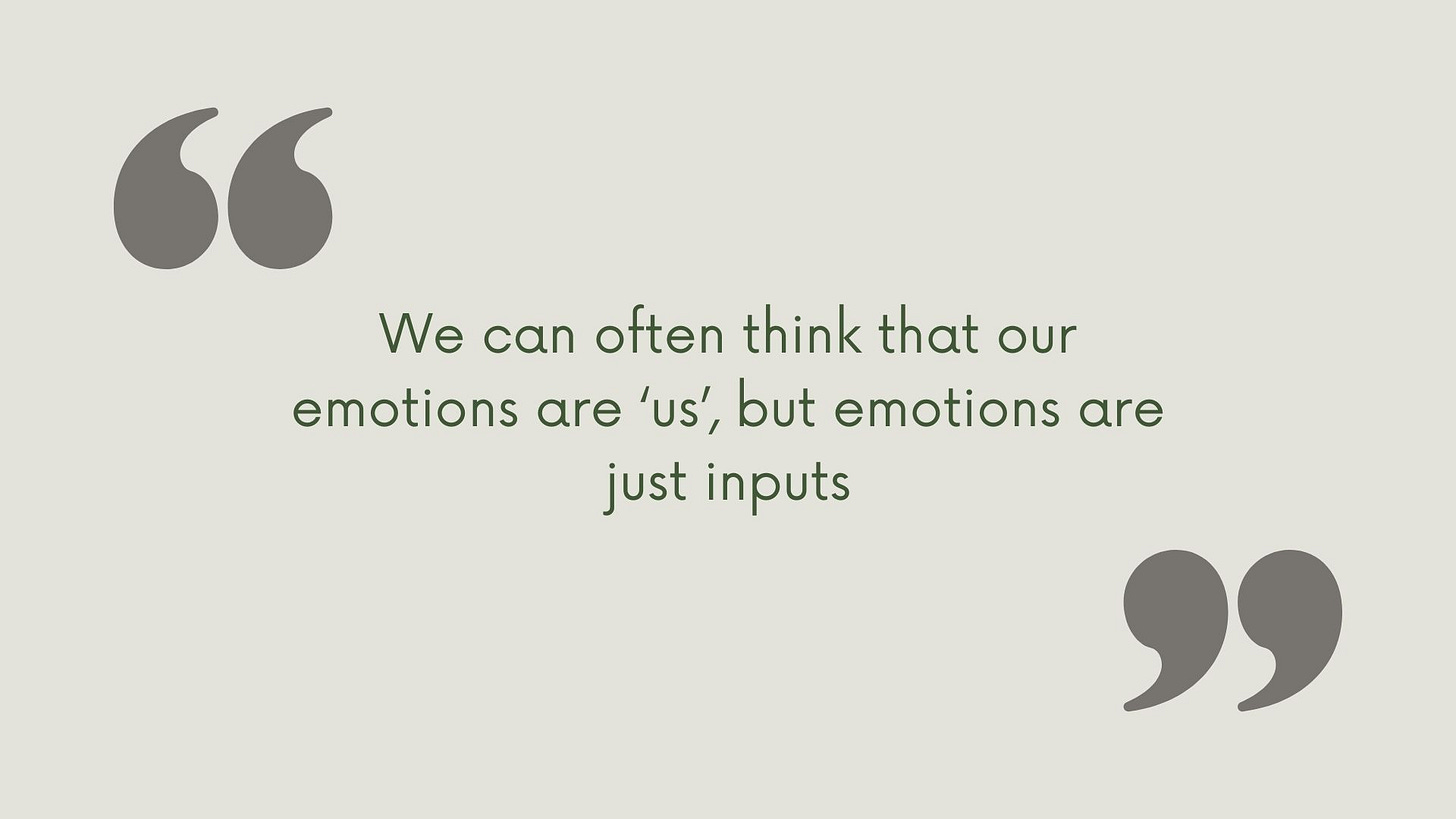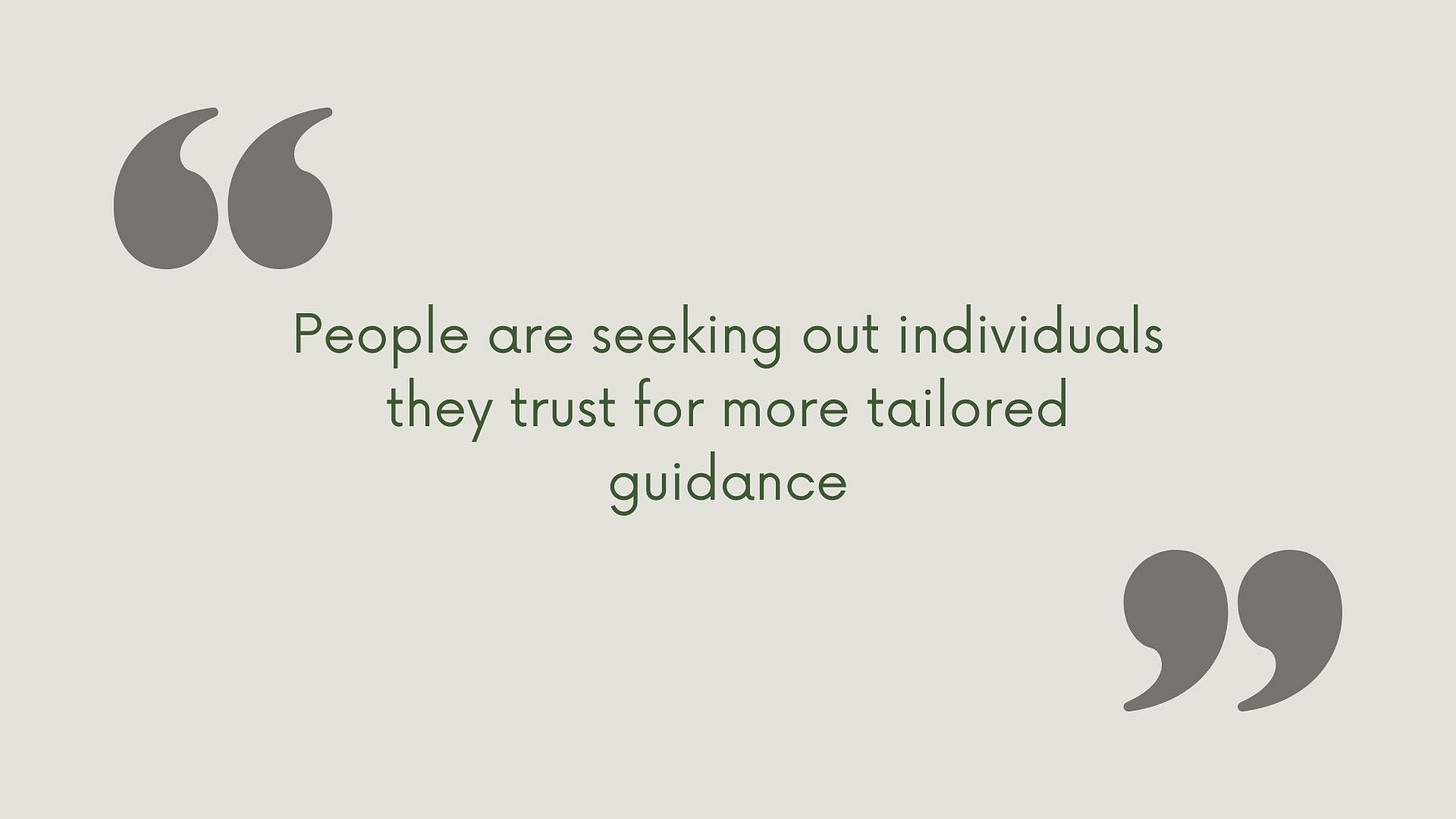Coach Tales: Daniel Tram
Personal coaching that builds confidence
Coaches do incredible work everyday, however, a lot of this work happens behind closed doors. So we, at Medoo, have made it our mission to highlight and augment the extraordinary work of coaches. We are relishing the opportunity to get to know our early adopters deeply, as we build our product and community.
Next in our series of coaches’ profiles, we’re delighted to introduce Daniel Tram! In this post we look at the ways in which Dan builds trust and what the future has in store for coaching.
Dan, you’ve had a very interesting and varied career so far. You’ve been in product, sales, management consulting, teaching and now in ed-tech while being a coach. Could you please tell us a bit about your journey and how you got into coaching?
Like you said, I’ve worked across a range of industries and business functions so far in my career, and I’ve found that some of my most fulfilling experiences have been when I’ve had the opportunity to help people I care about grow. A long time ago now, I started tutoring high school students and that evolved into tutoring university students. Teaching is something that I still find very satisfying, but it can be a very specific way to help people grow and I found myself most enjoying the conversations with students that went beyond the direct subject matter and stayed into discussions about the impact they wanted to have in the world after they finished studying. These conversations tend to only occur when you have developed a deep relationship with people.
So during lock down in 2020, I decided to consolidate my coaching into a business to create the structure to have more long term relationships with people where I could help them build whatever life they wanted to. I started developing my more formal coaching skills with friends and family and expanded from there. I now coach a varied range of people: uni students; early to mid-stage professionals; and even a few people who are in later stages of life with families. The thing that all of my clients have in common is they are all making life transitions. I enjoy helping them figure out what they want their future to look like, and giving them the confidence to make that future a reality.
Can you tell us more about how you create that deep relationship in order to help build your coachees' confidence?
I don’t think many people are used to having questions asked of them very deeply. Taking the time to sit down and help someone talk through their feelings can already be very powerful. Holding the space for someone to express themselves without a filter can be one of the most valuable gifts that you give them. Building a relationship with someone is as simple and as difficult as providing the opportunity for people to speak and feel truly heard.
All too often, what most people experience from others when they talk about their challenges is a barrage of help in the way the person doing the helping would want to be helped, instead of the way the person needing help wants to be helped. This can occur even from people who have the best intent and genuinely care, but who may not have taken the time to really hear what the original person is saying.
After coaching a wide range of people, I’ve been able to see the commonalities between different coachees, like that most of the challenges that people face are different manifestations of their hopes and fears and this lens has allowed me to help guide people to reflect and better understand themselves.
What are some examples of things you have found to generally hold true and how does coaching help with those things?
Sometimes I work with relatively common goals; like wanting to earn more money, or wanting to lose weight; and sometimes I'm working with a unique goal that is based on a coachees’ specific context. However, what has always held true (so far!) is that underneath each goal is a specific way that the coachee wants to feel. The external goal is just the mechanism that the coachee is using to end up at a feeling. I love helping people get insight into the underlying ‘feeling need’ behind each goal because that self knowledge often helps people to get into the ‘fast lane’ towards a life that they find fulfilling. For instance, a goal might on the surface be about losing weight, but really be about feeling confident in your body and feeling good in a certain outfit.
Coaching is essentially structured reflection tailored to an individual. We all have blindspots and a coach functions as a good ‘observing mind’ to help uncover those. We can often think that our emotions are ‘us’, but emotions are just inputs. A coach can help people disassociate from those emotions. This helps increase coachees' self-awareness by letting themselves simply have and experience feelings, and then choosing how to react, instead of instinctually reacting. It can give them the “permission” they need to make a choice, which increases confidence. And it gives them agency, showing them they’re not something life ‘happens to’.
What are the biggest challenges that you have experienced in your coaching work?
The biggest issue is misaligned expectations. Life coaching can sometimes be seen as a magic wand that solves all problems, but there’s a lot of work that needs to be done. Coachees can sometimes not expect the amount of work that they need to put in, it’s like “Oh, you’re selling me this life… So, where is it?” As a coach you need to promote the results that coachees can achieve, but you don’t want to oversell it because achieving goals is a process that coachees need to commit to and put effort into. It’s about everything you do in between coaching sessions that moves the needle in your life.
Helping coachees make change can be hard, because building new habits is hard. And reflecting is the macro habit. So, if you're not reflecting well, it makes it harder to make any other changes. This is why you need to create trust in the process early.
What are your thoughts about how coaching will evolve in the future?
Firstly, coaching has become a lot more acceptable and mainstream. People have become more self-aware and are happier to talk about their limitations. There’s also been a shift away from getting pumped up by mega-rockstar life coaches at huge conferences, towards people seeking out individuals they trust for more tailored guidance. It might still need a bit of a rebrand, though. It’s not yet like, “Of course I should get a coach!” every time we hit a new problem that has been solved before.
Secondly, social media is playing, and will continue to play a large huge part in the marketing of life coaching. People are thinking “Oh that person is living a lifestyle that I want”, and coaches are expected to publicly embody the lifestyle that they are ‘selling’. It will be interesting to see how different styles of coaching will come to the forefront through social media where trust becomes really important and it can be challenging to be entirely authentic with social media which is often a curation of one’s life.
Thirdly, People are wanting more and more information and data on their lives through things like fitness tracker that are taking ever more forms, from watches to bands to rings. With increasing levels of connection and tracking, I think we’ll see more tools integrating and combining that data to help individuals create more self-awareness and make decisions.
Thanks Dan! Do you have any closing thoughts, and where can people find out more about you?
I think everyone can get value from coaching. Whether you do it once a week, once a year, or anywhere in between. The best exercise is the exercise you do! So, work out a structure that works for you to helps build self-awareness, and then growth will come as a result.
You can find out more about me on my website, Daniel Tram Coaching, where you can sign up for a free first session, and also find me on LinkedIn.
At Medoo, our mission is to help people design and live intentional lives. We seek to create a deep connection between coaches and their clients by bringing to life a purpose-built coaching companion tool.
If you are interested in trialling Medoo, or have any questions/feedback for us, please get in touch with us via email on hey@medoo.life.





